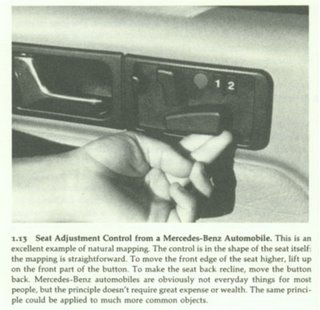In general, libertarians (and some conservatives) favor reducing regulations. A term that was once popular but that now seems to carry negative connotations is "deregulation." For many, this term essentially means selling out to big corporate interests, usually at the expense of the public.
Whether such a perception is right or wrong is irrelevant--if people think that deregulation is bad, then it is bad.
An even nastier term than dergulation is "privatization." This term reeks of the corrupt sale of big Soviet industries to seedy businessmean and profiteers.
A better term (for now, at least) is marketization, which sounds better when it's used as a verb: "Energy rates would decrease if we were to marketize the power distribution system."
This term has two things going for it: (1) it hasn't been used a lot (at least recently) and (2) its root word is generally more positive and more accurately characterizes the goal of the concept.
"Deregulation" is inherently a negative word (with the prefix "de"), and simply "deregulating" something doesn't address what will happen to that something after it is no longer regulated.
"Privatiziation's" root word is "private," which connotes selfishness. Again, what will happen to something once it is "privatized?" Will those who had access to it in the past continue to have access to it in the future?
"Marketization's" root word, however, is "market." "Market" is the term that pretentious people use for "stores," as in, "I'm going to pick some celery up at the market." Plus, if something is "marketized," we know what the outcome will be. It will be transformed from its non-market state to a market state. That's all. Nothing to worry about.
But for me the post positive thing about "marketization" is that its root word implies consumer choice. What kind of "market" has only one option?
I'm sure there are technical differences between the three terms discussed above, but that doesn't really matter to me because I'm not an economist. And it doesn't really matter to a majority of Americans (who also aren't economists), because all that's important for them (and especially for the people trying to reach them!) is what they perceive.

